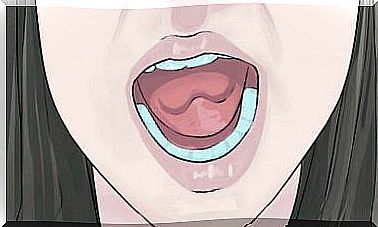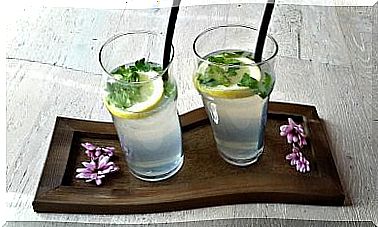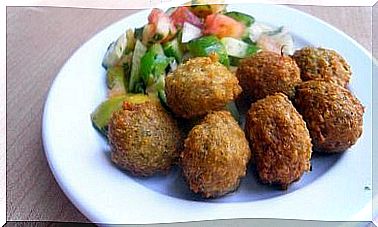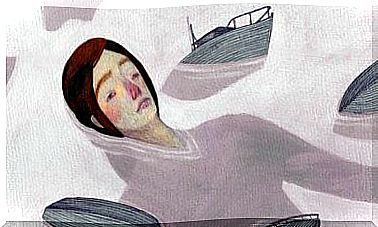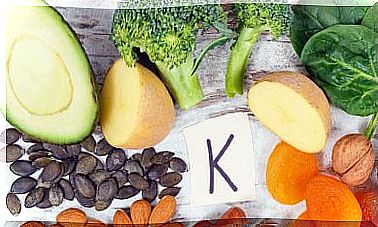Herpangina: Everything You Need To Know
Herpangina is a common group A Coxsackie virus infection that most commonly affects children between the ages of 3 and 10 during the summer and fall. However, anyone can suffer from it in any season of the year.
The pathogen of this disease can also cause alterations such as hand-foot-mouth disease , which according to scientific evidence “is a completely benign disease, whose incubation period ranges between 3 and 7 days, leaves no sequelae, traces or scars when they disappear, generally within 7-10 days ”.
Let’s see more details below.
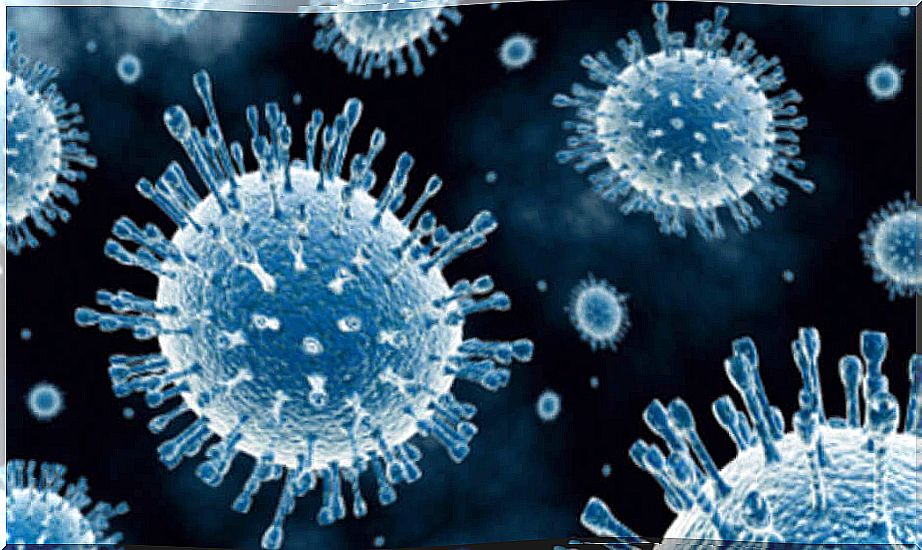
Most common symptoms
The patient usually presents a series of alterations or symptoms characteristic of this disease. Among the most common we find:
- Lack of appetite
- Headache (of variable intensity).
- Fever (does not have to be high).
- Tiredness, fatigue, or general weakness.
- Pain or discomfort in the throat that is accentuated when swallowing.
- Formation of blisters or ulcers that can appear in the mouth, throat, feet, hands and even the buttocks. They are usually small in size and have a whitish hue in the center and reddish at the ends.
Diagnosis of herpangina
According to the MSD Manual, the diagnosis is made after a physical examination of the patient to evaluate the symptoms that may be present. Of course, a history and background check is also done. In this way, the doctor is able to identify the disease and rule out other alterations with similar characteristics.
On rare occasions, other medical procedures are performed, be it a substance test (blood and urine) or internal imaging. For example, X-rays, ultrasound, computerized axial tomography (CT) or magnetic resonance imaging (MRI).
Herpangina treatment
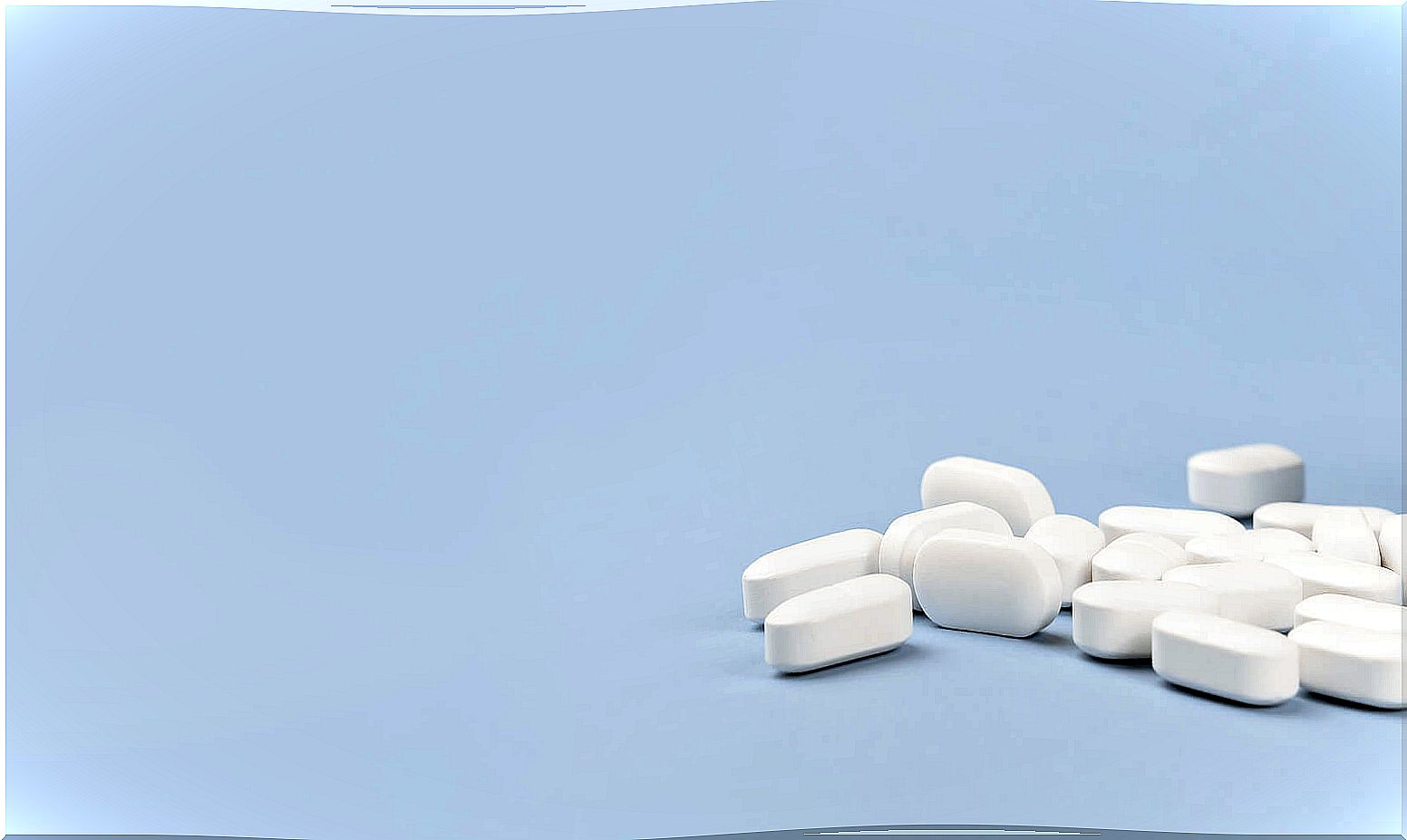
The treatment must be defined by the specialist doctor. The final objective of the same will be to calm the symptoms that the patient shows. A series of guidelines are also advisable to avoid complications during the evolution of the pathology. Among the most common therapies we find:
- Drugs (acetaminophen and ibuprofen) to relieve discomfort and treat fever. Also, the doctor may suggest the use of other medications to soothe the sores (topical treatment).
- On the other hand, the child’s diet should be adapted so that he or she consumes more fluids than usual. In this way, we reduce the risk of dehydration during the course of this disease.
- The intake of dairy (especially ice cream) is a natural remedy that relieves the pain of sores and favors their elimination. In any case, the consumption of hot or irritating foods should be avoided.
As a general rule, the disease remits after a week of infection or from the onset of the disorder. In the first moments, the virus is capable of spreading through our organism, altering the usual activities.
Soon after, the immune system produces the necessary defenses to fight back the microorganism. Eventually, our antibodies destroy all copies of the pathogen and our body returns to normal.
Can it be prevented?
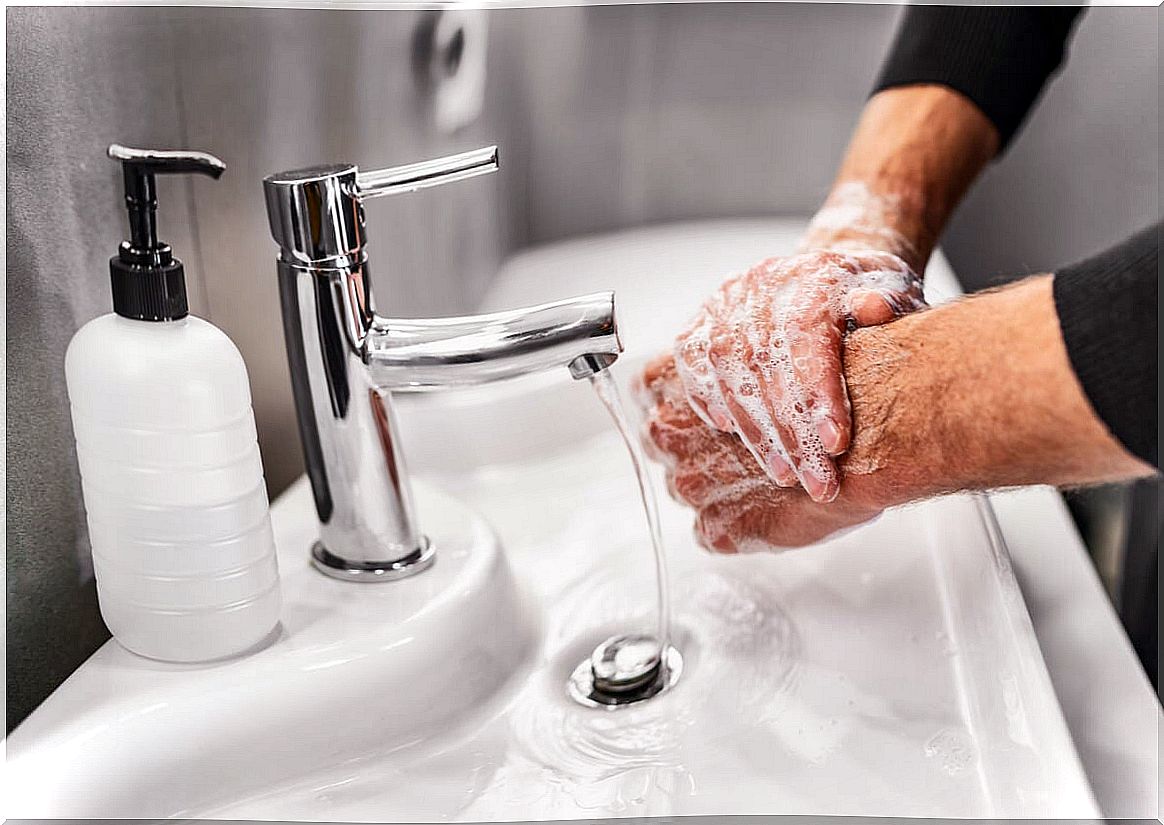
The most effective prevention method is to avoid the spread of the virus by people already infected by it. Therefore, it is important to pay special attention to everyday hygiene measures such as washing your hands or not biting your nails.
It is also advisable to maintain a healthy lifestyle through the intake of a balanced and adequate diet together with the usual moderate physical activity. All these actions help to maintain a good state of the organism.
This fact is essential for the immune system to perform its functions correctly and thus we can fight infections. Especially those of a viral nature in which the use of antibiotics is not effective and the patient is more prone to reinfection.
All immunodeficiency situations are risk factors when it comes to suffering infections, either congenital due to some hereditary diseases or acquired by other pathologies. In these patients, the immune system is unable to eradicate the pathogen.
